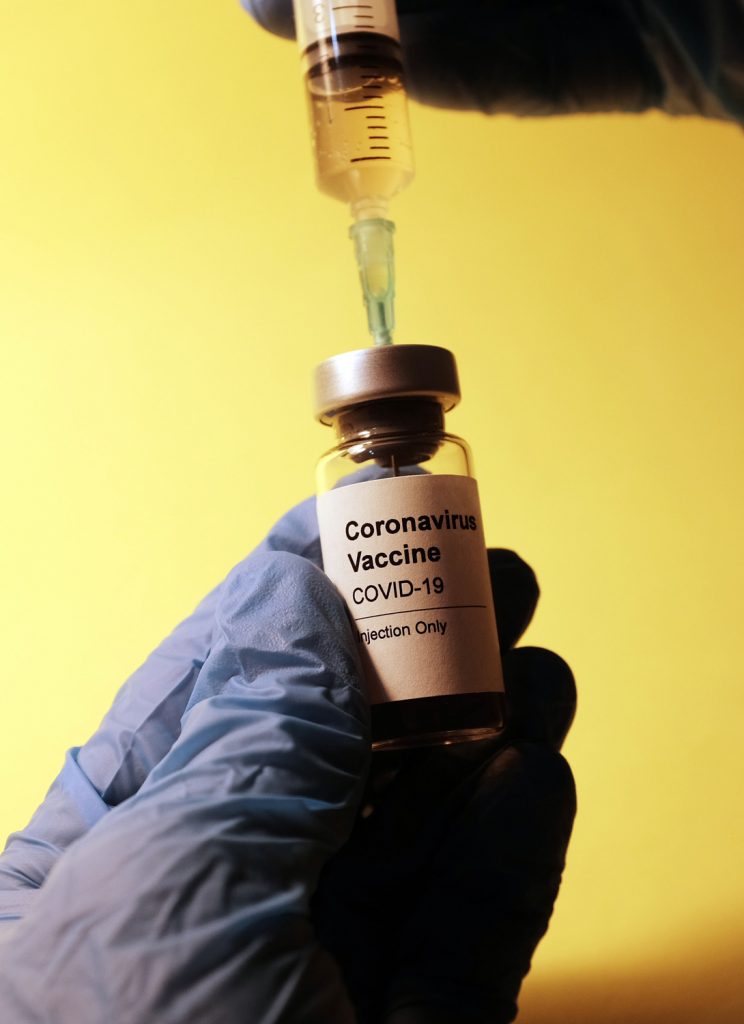Beginning this week, Texas will direct most of the COVID-19 vaccine received from the federal government to large providers who can vaccinate a total of more than 100,000 people. Additional vaccine will be distributed to smaller providers in other parts of the state.
As the vaccination effort continues to expand to people who are at a greater risk of hospitalization and death, in addition to front-line health care workers, these vaccination hubs will provide people in those priority populations with identifiable sites where vaccination is occurring and a simpler way to sign-up for an appointment with each provider.
Providers that receive the larger amounts of vaccine will vaccinate health care workers, people who are 65 and older, and those who have a medical condition that increases their risk of severe disease or death. They also agree to provide a registration phone number and website and focus on areas and populations hardest hit by COVID-19 while vaccinating people from surrounding areas.

The Texas Department of State Health Services surveyed vaccine providers about their capacity to operate large, community vaccination sites the week of Jan. 11 and will publish a list of vaccine hub providers later this week once vaccine allocation is finalized.
Large and small sites around Texas will receive a total of about 200,000 doses of vaccine next week. That will be the last week the state is required to reserve doses to vaccinate residents and staff of long-term care facilities under the federal pharmacy-LTC partnership, freeing up more vaccine for use in other settings in the future.
Vaccine remains limited based on the capacity of the manufacturers to produce it, so it will take time for Texas to receive enough vaccine for the people in the priority populations who want to be vaccinated. The supply is expected to increase in the coming months, and additional vaccines are in clinical trials and may be authorized by the Food and Drug Administration. Providers should use all doses allocated to administer the first dose of vaccine to people. There is no need to reserve shots for a second dose because they will get a matching number of doses for that at the appropriate time.
People can find more information on COVID-19 vaccine and its availability at dshs.texas.gov/coronavirus/immunize/vaccine.aspx.
Texas identifies case of COVID-19 UK variant
The first known Texas case of the COVID-19 B.1.1.7 variant has been identified in a resident of Harris County. The adult male resident, who has no history of travel, was recently diagnosed with COVID-19. Results of genetic sequencing this week showed that the infection was caused by the variant. The case is being investigated by Harris County Public Health and the Texas Department of State Health Services.
“The fact that this person had no travel history suggests this variant is already circulating in Texas,” said Dr. John Hellerstedt, DSHS commissioner. “Genetic variations are the norm among viruses, and it’s not surprising that it arrived here given how rapidly it spreads. This should make us all redouble our commitment to the infection prevention practices that we know work: masks any time you’re around people you don’t live with, social distancing, and personal and environmental hygiene.”
The B.1.1.7 variant was first identified in the United Kingdom in the fall and appears to spread much more easily from person to person than most strains of the coronavirus. The current scientific evidence is that the variant does not cause more severe disease and that vaccines are expected to be effective against it. It is thought to be responsible for only a small proportion of the current COVID-19 cases in Texas and the United States.
People can find the latest on COVID-19 in Texas at dshs.texas.gov/coronavirus, including daily case data and information on testing and vaccination.




